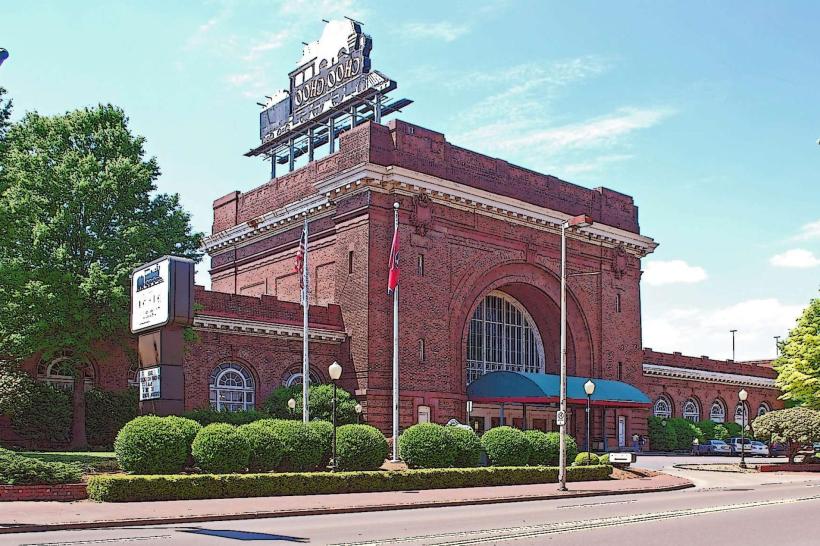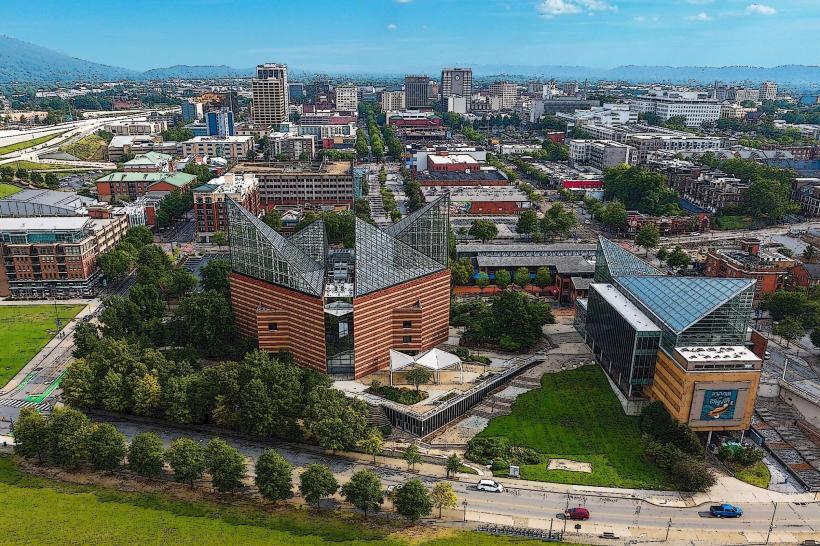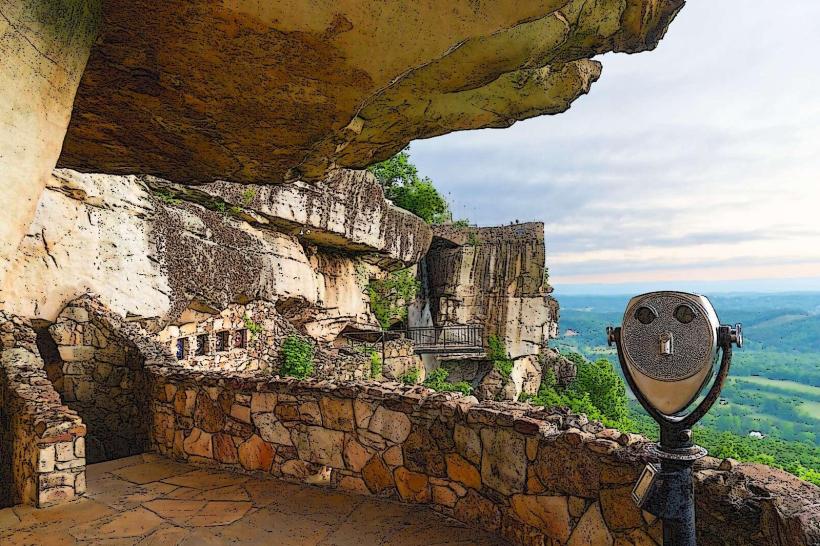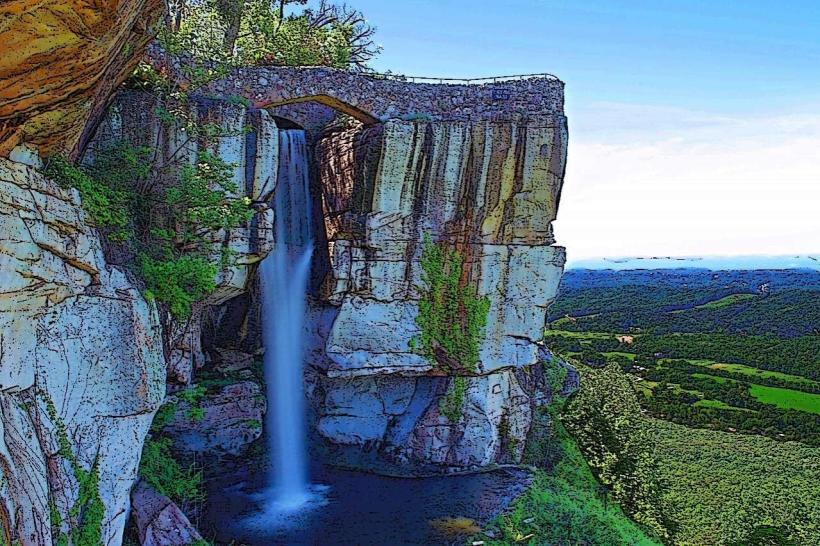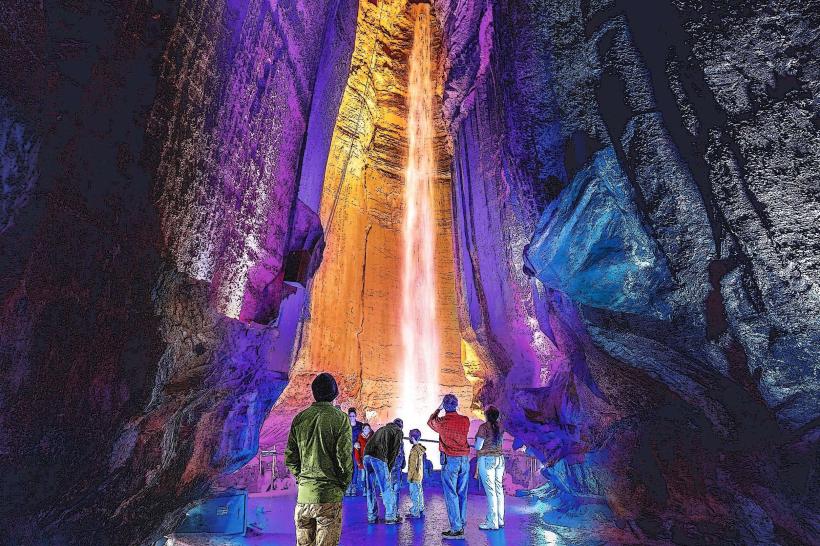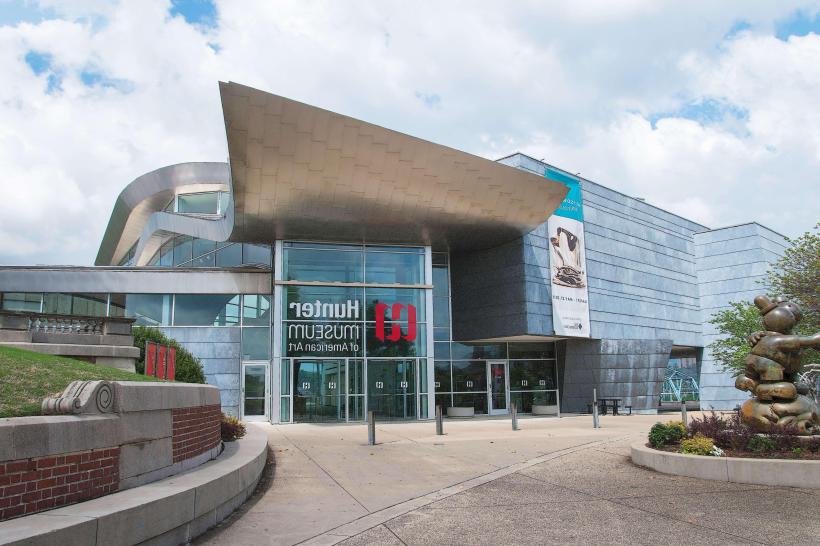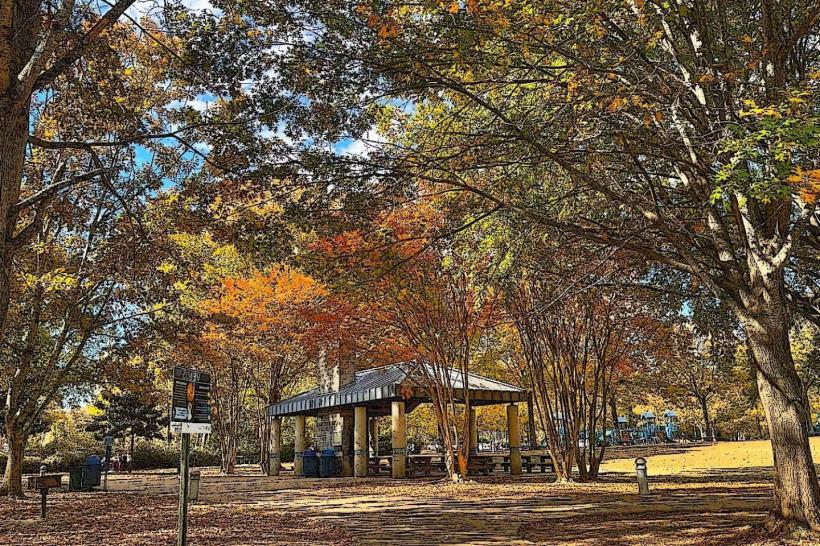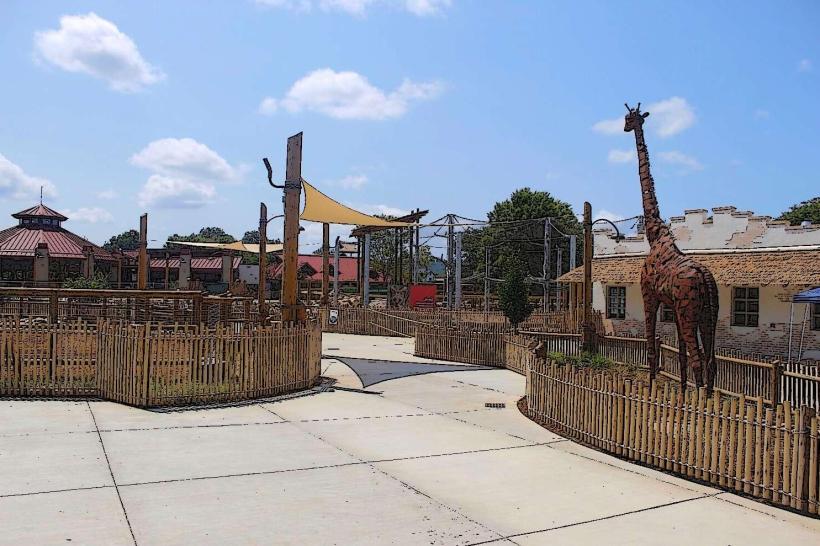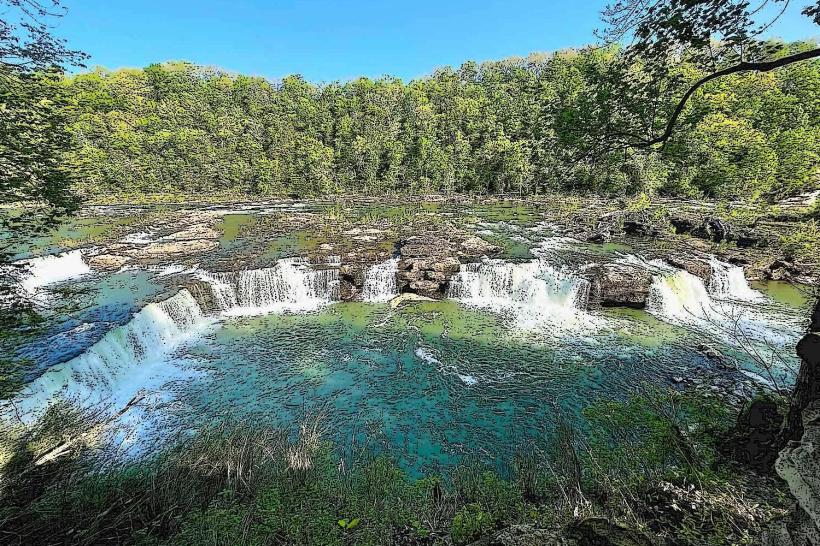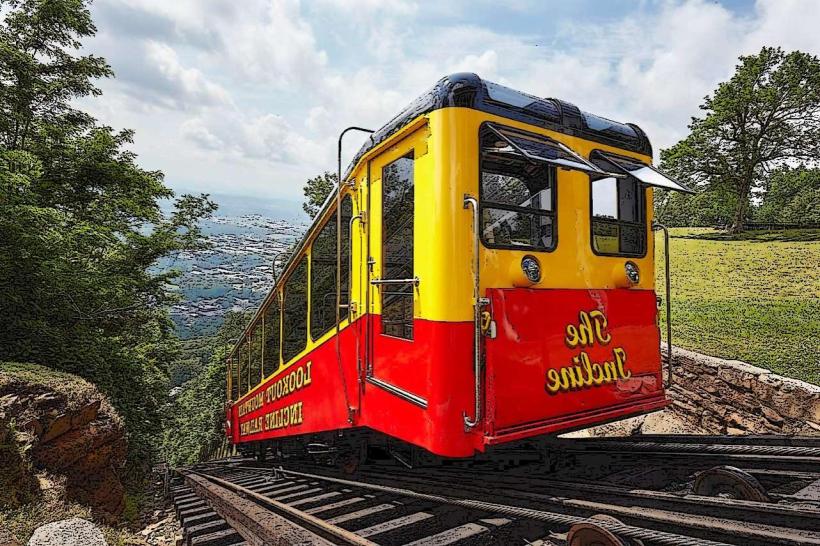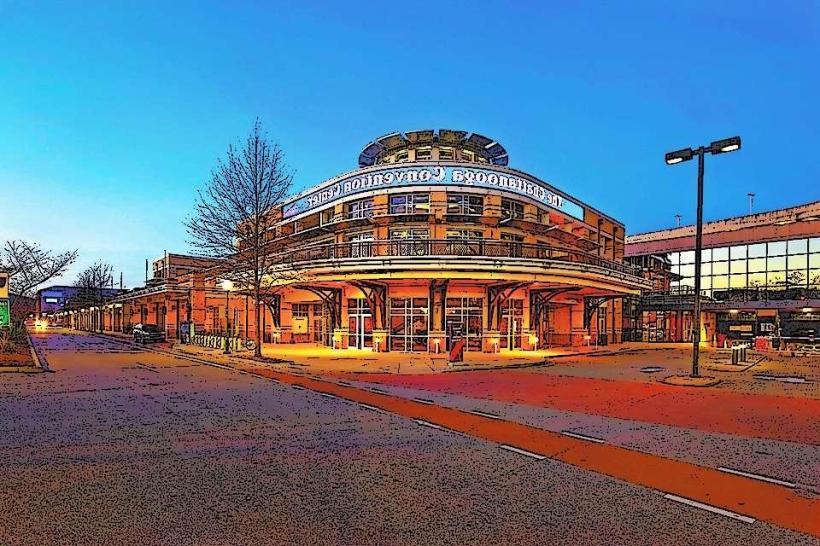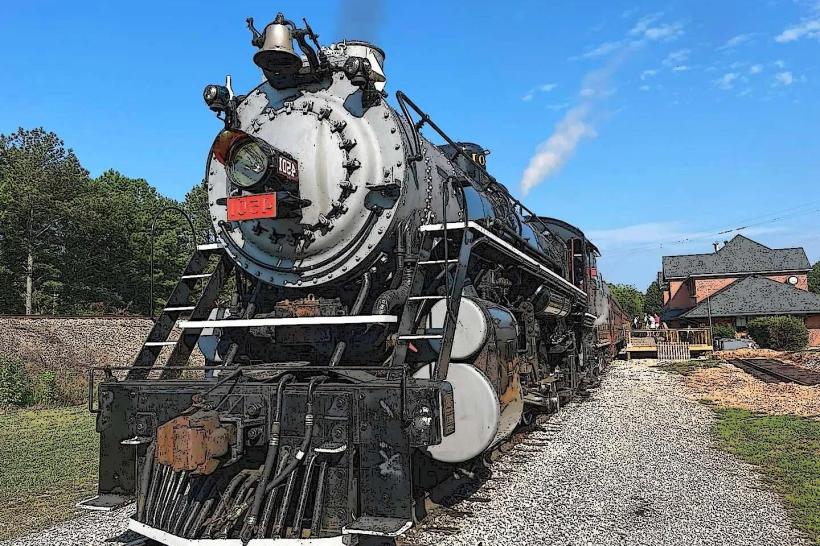Information
City: ChattanoogaCountry: USA Tennessee
Continent: North America
Chattanooga, USA Tennessee, North America
Chattanooga is an independent city and the seat of Hamilton County, situated in Southeast Tennessee along the Tennessee River at the junction of the Cumberland Plateau and the Appalachian Mountains. Known as the "Scenic City," it is defined by its dramatic topography, its status as a world leader in municipal high-speed internet, and its transition from an industrial "smoke-stack" city into a premier center for outdoor recreation and sustainable urban design.
Historical Timeline
Inhabited by the Cherokee people for millennia (site of the "Trail of Tears" commencement). Primary governance eras include its 1839 founding and its 1851 incorporation as a city. A critical historical event was the Battles for Chattanooga (1863), a strategic Union victory that opened the Deep South to the Federal army. In the 20th century, the city became a major rail and manufacturing hub, famously immortalized by the song "Chattanooga Choo Choo." The late 20th century saw a massive environmental turnaround after being named the "dirtiest city in America" in 1969. The 21st century has been defined by the "Gig City" initiative, launching the first community-wide 1-gigabit-per-second fiber network in the U.S. in 2010.
Demographics & Population
The population is approximately 185,000 (Metro area ~560,000). The demographics are White (55%), Black or African American (31%), Hispanic or Latino (7%), and Asian (3%). It is a diverse, mid-sized city with a significant population of outdoor enthusiasts, tech entrepreneurs, and manufacturing labor (anchored by the massive Volkswagen Chattanooga assembly plant).
Urban Layout & Key Districts
Chattanooga is characterized by a compact, walkable downtown core integrated with the riverfront.
Riverfront: The tourist and cultural anchor, featuring the Tennessee Aquarium and the Walnut Street Bridge.
Southside: A formerly industrial district transformed into a trendy neighborhood with galleries, the Chattanooga Choo Choo hotel, and a high density of restaurants.
North Shore: A vibrant retail and residential district across the river, known for independent boutiques and Coolidge Park.
St. Elmo: A historic neighborhood at the foot of Lookout Mountain featuring Victorian architecture.
Innovation District: A downtown zone dedicated to tech startups and digital infrastructure.
Top City Landmarks
Tennessee Aquarium: One of the world’s largest freshwater aquariums, featuring "River Journey" and "Ocean Journey" pavilions.
Lookout Mountain: Home to Rock City (ancient rock formations), Ruby Falls (a 145-foot underground waterfall), and the Incline Railway (one of the world's steepest passenger railways).
Walnut Street Bridge: One of the longest pedestrian bridges in the world, connecting Downtown to the North Shore.
Hunter Museum of American Art: Perched on a 90-foot bluff overlooking the river, featuring a premier collection of American art.
Chickamauga and Chattanooga National Military Park: The first and largest national military park in the U.S.
The Chattanooga Choo Choo: A historic terminal station converted into a multi-use hotel and entertainment complex.
Transportation Network
Movement is automotive-oriented but features a robust downtown Electric Shuttle (free to the public). The city is a junction for I-24, I-75, and I-59. Commercial air service is via Chattanooga Metropolitan Airport (CHA). Ride-sharing is universal. Traffic density is moderate but prone to severe congestion at the "Ridge Cut" on I-24 and the I-24/I-75 split.
Safety & "Red Zones"
The general safety level is moderate. Property crime and narcotics-related activity are the primary issues. Caution is advised at night in parts of East Chattanooga, Avondale, and the East Lake neighborhoods due to higher rates of localized violent crime. There are no officially designated "red zones." Environmental hazards include seasonal river flooding and localized flash floods during heavy mountain rains.
Digital & Financial Infrastructure
Internet infrastructure is world-class; the municipal utility (EPB) offers speeds up to 25 Gbps via city-wide fiber. Main mobile carriers are Verizon and AT&T. Card acceptance is universal. ATMs are ubiquitous in the Riverfront and Southside districts.
Climate & Air Quality
Temperatures range from 0°C to 11°C in winter and 20°C to 32°C in summer. The "valley effect" can lead to high humidity and occasional smog, though air quality has improved drastically since the 1970s. The region is subject to severe spring thunderstorms and occasional tornadoes.
Culture & Social Norms
The standard tipping percentage is 18–25%. A handshake is the standard greeting. Dress codes are "Outdoor-Casual" or "Suburban-Pragmatic." The city is culturally defined by its "Gig City" tech pride, its deep-seated railway history, and its identity as a national capital for rock climbing and mountain biking.
Accommodation Zones
Downtown / Riverfront: Recommended for tourism and proximity to the aquarium.
Southside: Recommended for nightlife and boutique hotel stays.
Lookout Mountain: Recommended for scenic rentals and family-oriented tourism.
Local Cost Index
1 Espresso: $4.25 (USD)
1 Standard Lunch: $17.00 (USD)
1 Incline Railway Ticket: $15.00 (Adult).
Nearby Day Trips
Ocoee River: (60 km east; premier whitewater rafting).
Blue Ridge, GA: (100 km southeast; mountain town and scenic railway).
Huntsville, AL: (160 km west; Space & Rocket Center).
Facts & Legends
Chattanooga was the first city in the world to have its own custom-designed typeface ("Chatype"). Historically, it was the site of the first Coca-Cola bottling plant in the world (1899). A local legend involves the "Lookout Mountain Cave Spirits," rumored spectral figures associated with the Native American history of Ruby Falls. Another legend concerns "The Gold of the Ridge," referring to rumored caches of Confederate gold buried in the hills during the retreat of 1863.

